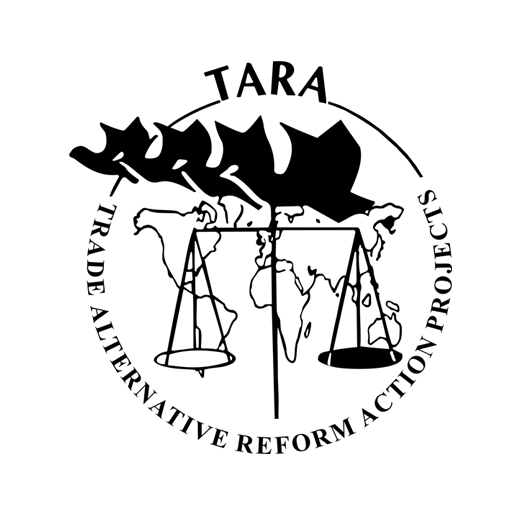Mohd Yunus
Uniting artisans and peasants against desertification
Pataudi, a village on the verge of transformation
To reach Pataudi, one has to leave Delhi via Gurugram (also known by its old name, Gurgaon), a huge satellite city bristling with ultra-modern buildings. Infamous for having been named the most polluted city in the world (IQ Air Visual and Green Peace), it is nevertheless one of the major financial centers of India.
After having crossed this unnerving image of the future, one reaches a landscape that more readily evokes Haryana, a green, and strangely dusty. countryside.
In the middle of this rural state, threatened by the inexorable growth of the Thar desert, stands the charming village of Pataudi. With its traditional architecture and its lovely painted houses, it is heartbreaking to remember that the town is bound to be assimilated by the gigantic Gurugram.

Pataudi was once the capital of one of the countless princely states of India, ruled by a dynasty of Nawabs who has now devoted its time to cricket and acting in Bollywood. While their Palace has now become an exclusive hotel, these aristocrats still hold some sway, renting their lands to the peasants of the town.
Despite Pataudi’s almost idyllic character, where Hindu and Muslim live in a peaceful coexistence, one can already feel the first signs of Gurugram’s arrival. While its economy remains mostly rural, an increasing number of men leave to work in the city, isolating themselves from their families. And while the exodus accelerates, real estate speculation is starting to take over agricultural land, much to the chagrin of the peasants.
To make matters worse, most Pataudi farmers perpetuate some of the bad agricultural practices inherited from the Green Revolution, applying too much pesticide and slash-and-burn techniques, which impoverish their lands.
Mohd Yunus, a craftsman who fights to defend his ancestral techniques
A child of impoverished peasants, Mohd Yunus is the founder of a workshop built with the support of TARA Projects. Amongst the jewelry he makes, he chose to perpetuate the Sajai crafts of his ancestors, a centuries-old technique that is slowly disappearing.
Sajai is a method to decorate and embellish metal through a process of welding and decorating them with the small stones and metal trinkets. A slow and meticulous process, it requires the application of several inlays and polishing. In the past, Sajai crafts were made with gold and silver, but its high costs made artisans turn to brass and copper.
In Mughal times, imperial noblemen wore Sajai jewelry. Since the British colonization, this technique has also become popular in the West, and it is used to create picture frames, small "pill boxes" and other forms of handicraft.
Like many craftsmen involved in fair trade, Yunus began working in conventional trade, where his ancestral know-how was exploited by unscrupulous contractors. In the 1990s, he heard about fair trade and approached TARA Projects in order to learn better ways to publicize his work.
Some decades later, the alliance with TARA has borne fruit: while he started with only 2 artisans, his workshop now includes 25 permanent artisans, in a clean and organized building. With his new income, he managed to pay for his children's studies (one of them studies medicine, the other accounting and the third helps him in the workshop), and he already interviewed by Indian media MBI24.



Uniting with peasants to stop desertification
Yunus’ workshop has helped curb the rural exodus, allowing the inhabitants of Pataudi to strengthen their communal ties: indeed, Yunus keeps hiring young men and women who seek to pay their dowries and become economically independent. In some cases, the craftsmen's wages are better than they could hope for in Gurugram: they earn between 8,500 and 10,500 rupees per month according to their capacities. Furthermore, the group also created a health and education fund.
As residents of a rural region threatened by desertification, the craftsmen of Yunus’ workshop are very aware of the environment, and they have built a well, as well as an orchard around their workshop, cultivating without pesticides. These initiatives have been undertaken to educate their neighboring farmers in alternative agricultural methods.
Indeed, after having founded his workshop, Mohd Yunus wanted to follow the 10 principles established by fair trade organizations. The first of these is to create opportunities for economically disadvantaged or marginalized persons. Seeing the impact of drought for Pataudi’s farmers, Yunus mobilized his team of craftsmen to support them.
One of their emblematic projects was the construction of huge rainwater reservoirs, which helped stop drought in certain regions of the village. In fact, the project was so successful that the Haryana government has set out to build more reservoirs.
Manuel-Antonio Monteagudo








